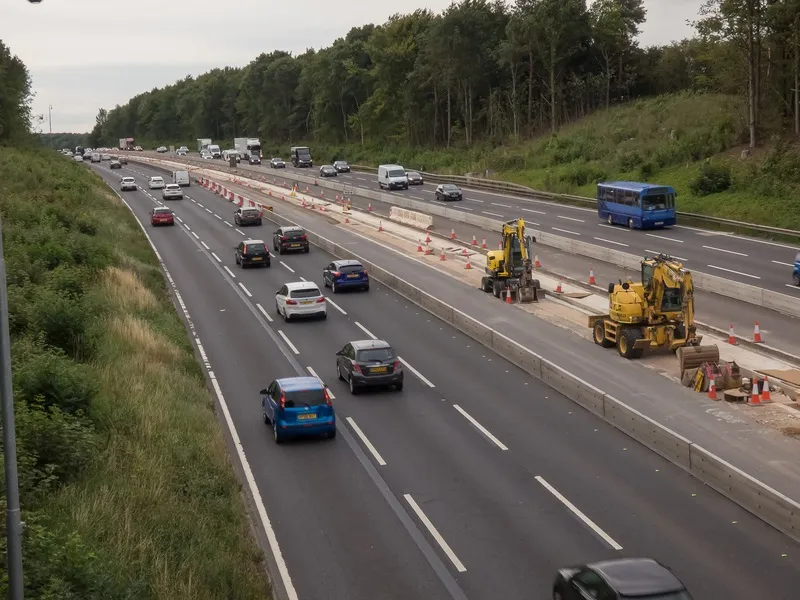The UK’s Institute of Advanced Motorists (IAM) is calling for more information and advice on smart motorways for drivers. The call comes after seventy-one per cent of drivers said they would feel less safe on a motorway with no hard shoulder than a motorway with one, according to the latest poll by the IAM.
May 9, 2014
Read time: 2 mins
The UK’s 6187 Institute of Advanced Motorists (IAM) is calling for more information and advice on smart motorways for drivers. The call comes after seventy-one per cent of drivers said they would feel less safe on a motorway with no hard shoulder than a motorway with one, according to the latest poll by the IAM.
One of the main concerns of respondents is the plan to increase the distance between safety refuges with forty-eight per cent of respondents believing that safety refuges should be no more than 0.45km apart.
Forty per cent of respondents are sceptical that new monitoring systems on smart motorways, such as electronic signs, can protect them in the event of stopping in a running lane.
Other survey findings include: sixty-seven per cent of respondents said they haven’t seen any publicity about smart motorways; a third of respondents (thirty-two per cent) would support the legalising of undertaking on smart motorways; forty-two per cent believe Smart motorways have reduced congestion and forty-three per cent of respondents said it has improved their journey times.
IAM chief executive Simon Best said: “Smart motorways are being rolled out across England but our survey shows that drivers want more reassurance and information on how safe they will be and how to use them. The IAM has been supportive of hard shoulder running but we have always said that the503 Highways Agency must be quick to learn and implement any real world lessons as more schemes come into use.”
One of the main concerns of respondents is the plan to increase the distance between safety refuges with forty-eight per cent of respondents believing that safety refuges should be no more than 0.45km apart.
Forty per cent of respondents are sceptical that new monitoring systems on smart motorways, such as electronic signs, can protect them in the event of stopping in a running lane.
Other survey findings include: sixty-seven per cent of respondents said they haven’t seen any publicity about smart motorways; a third of respondents (thirty-two per cent) would support the legalising of undertaking on smart motorways; forty-two per cent believe Smart motorways have reduced congestion and forty-three per cent of respondents said it has improved their journey times.
IAM chief executive Simon Best said: “Smart motorways are being rolled out across England but our survey shows that drivers want more reassurance and information on how safe they will be and how to use them. The IAM has been supportive of hard shoulder running but we have always said that the








